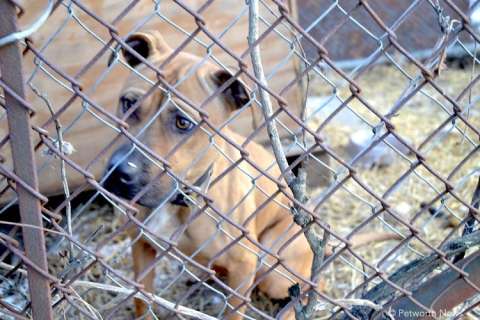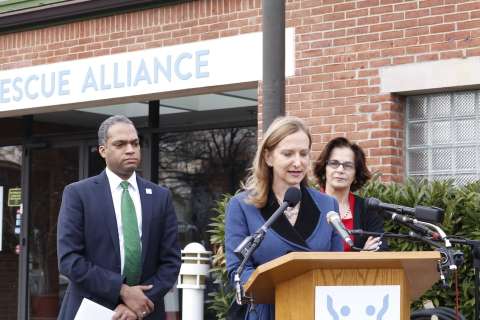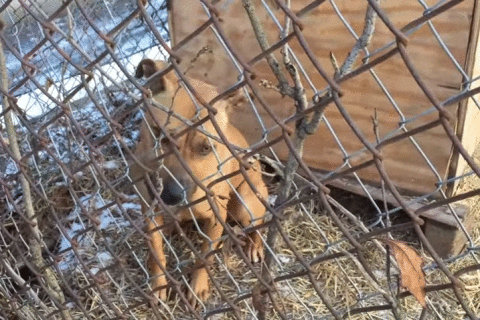WASHINGTON — Pet owners in D.C. will be under increased scrutiny during the summer following a vote by the D.C. Council Tuesday to approve emergency legislation cracking down on people who leave their pets alone in hot weather.
“Extreme heat poses a great danger to animals,” said Council member Brandon Todd.
Already this summer, two dogs had to be rescued from hot cars and a third died from heat exposure after being left outside, according to Todd.
“We can and must do a better job at spreading awareness of the appropriate levels of care, specifically in instances of extreme weather,” he said.
Under the emergency bill, owners cannot leave pets unattended outdoors for more than 15 minutes if the temperature is above 90 degrees.
Police officers, firefighters and animal control officers will have the authority to bust into a parked car to save a pet that is left inside. The owner of the pet would need to pay for all costs associated with the rescue, and the city would not be responsible for any damage done to the vehicle.
“This legislation establishes a definition for extreme weather conditions in which keeping animals outside would constitute cruelty,” said Council member Vincent Gray.
“I’m happy that we have come to a meeting of the minds and understand that our four-legged family members need to have all the consideration that we can give,” said Council member Anita Bonds.
Animal control officers also will have the authority to issue citations and collect steep fines. Pet owners who violate the law can be fined up to $500 or $1,000 for each offense, depending on the severity.
The emergency bill, which lasts for 90 days, is the first step in a broad effort to permanently tighten the city’s animal welfare laws, including those related to adequate shelter and access to food and water.
In the fall, council members plan to consider a measure called the “Standard of Care for Animals Amendment Act of 2017.”
Lawmakers started working on the legislation this year after a pit bull named “Momma” was left outdoors in extreme cold in January, sparking an outpouring of concern.








